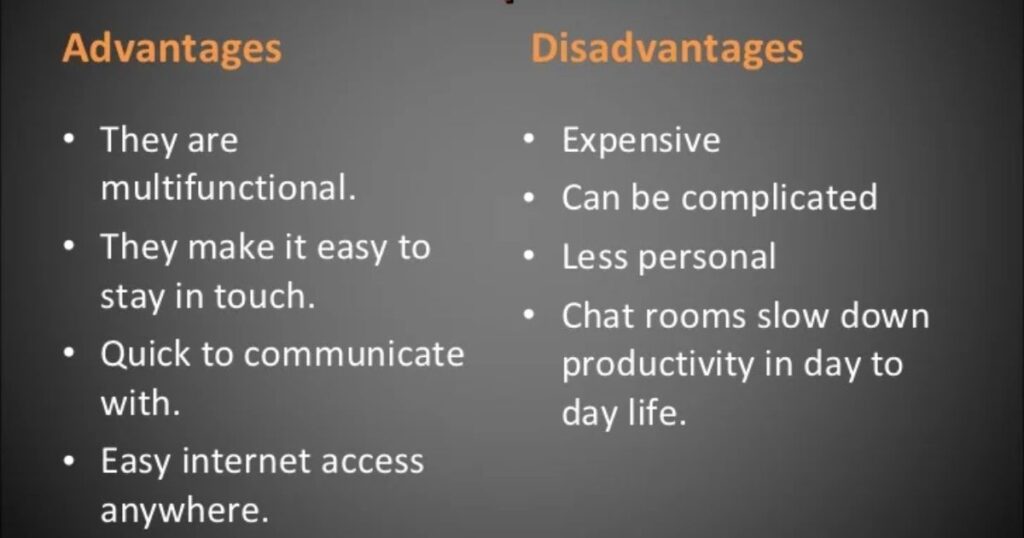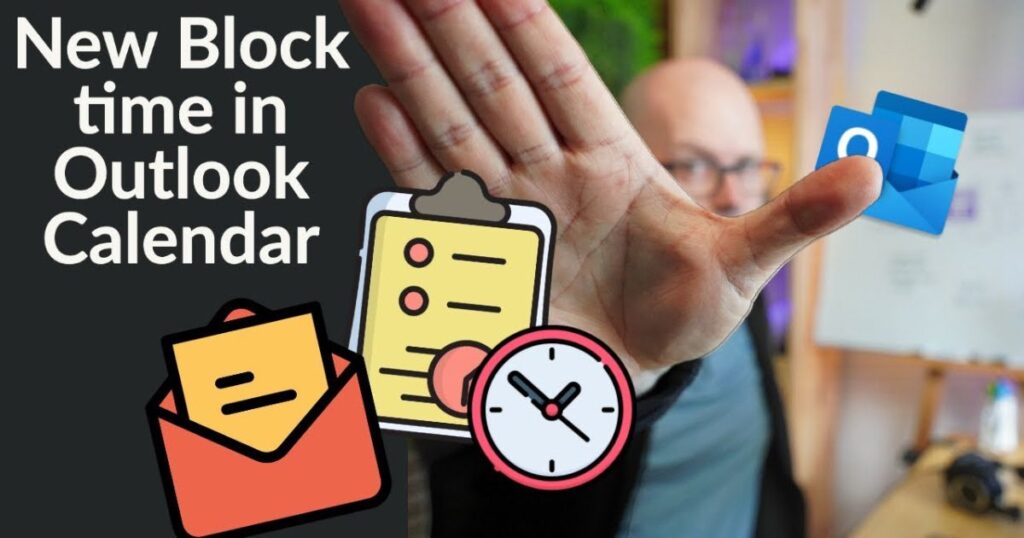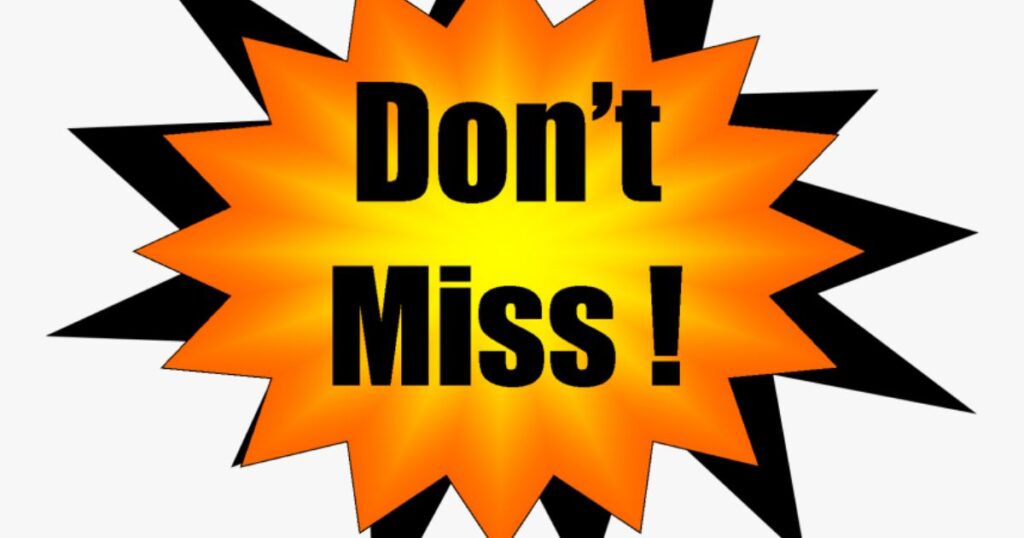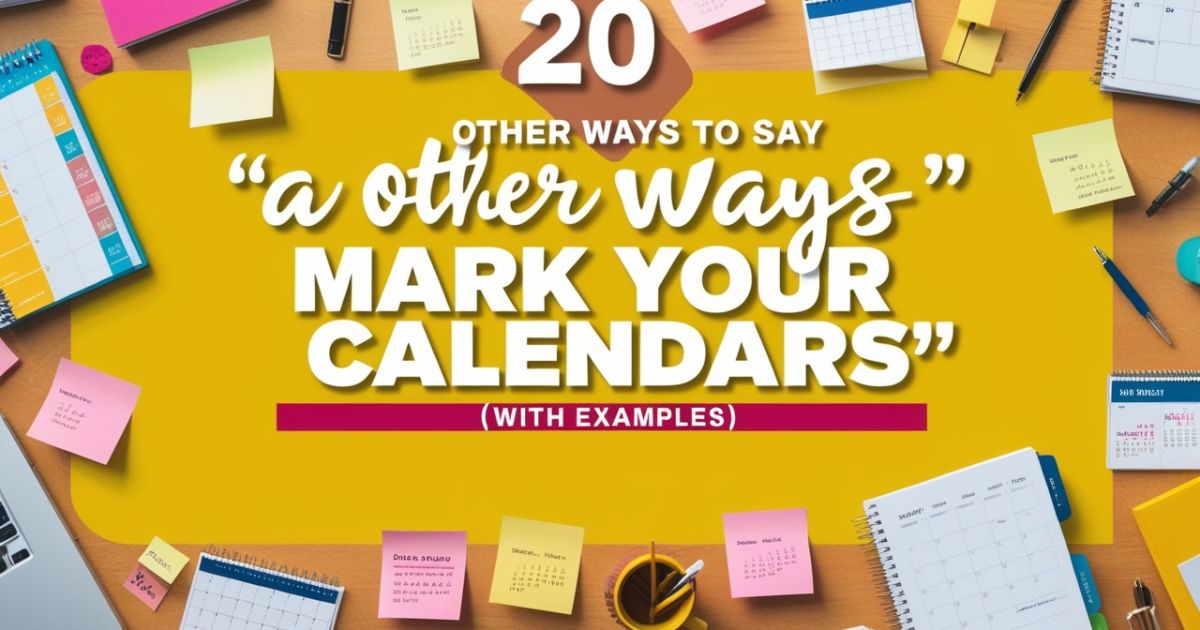Communication shapes professional relationships, and choosing the right phrases for scheduling invitations can dramatically impact response rates. While “mark your calendars” remains popular, savvy professionals know that alternative phrases for mark your calendar create stronger connections and drive better engagement.
Research shows that polite reminder phrases generate 23% higher response rates than generic scheduling language. Whether you’re coordinating a team meeting, announcing a product launch, or planning a company retreat, your word choice matters more than you might think.
This comprehensive guide explores 20 powerful alternatives that transform ordinary scheduling communications into memorable, engaging invitations. From formal business communications to casual team interactions, you’ll discover precisely when and how to use each alternative for maximum impact.
What Does “Mark Your Calendars” Mean?
The phrase “mark your calendars” serves as a direct instruction asking recipients to note an important date for future reference. This expression originated from the literal act of marking physical calendars with pens or pencils, creating visual reminders of significant events.
Modern usage extends beyond simple date notation. The phrase functions as a call-to-action that encourages recipients to prioritize upcoming events and allocate time accordingly. When someone says “mark your calendar,” they’re essentially requesting that you reserve specific time slots and treat the event as non-negotiable.
In today’s digital landscape, the phrase encompasses various reminder-setting behaviors: adding events to smartphone calendars, creating Outlook appointments, setting Google Calendar notifications, and establishing task-based reminders. The core meaning remains consistent—ensuring important dates receive proper attention and avoiding scheduling conflicts.
Professional contexts often require more nuanced approaches than this basic phrase provides. Understanding when and how to use calendar announcement synonyms becomes crucial for effective workplace communication and relationship building.
Is It Professional/Polite to Say “Mark Your Calendars”?
The professionalism level of “mark your calendars” depends heavily on context, audience, and relationship dynamics. This phrase occupies a middle ground between formal business language and casual conversation, making it suitable for many situations but not optimal for all.
Corporate environments typically accept this phrase for internal communications, team announcements, and departmental meetings. However, client-facing communications often benefit from more sophisticated alternatives that demonstrate attention to detail and professional polish.
Relationship factors significantly influence appropriateness. Established colleagues respond well to direct language, while new business contacts may perceive such directness as presumptuous. Executive-level communications generally require more respectful, collaborative phrasing that acknowledges busy schedules and competing priorities.
Industry standards vary considerably. Technology companies embrace casual, efficient language, while financial institutions lean toward traditional, formal expressions. Healthcare organizations prioritize clear, respectful communication that respects both professional hierarchies and patient relationships.
Regional preferences also matter. American business culture accepts direct scheduling language, while international colleagues may prefer softer, more diplomatic approaches. Understanding your audience’s communication style ensures your scheduling requests receive positive responses.
Advantages or Disadvantages

Advantages of “Mark Your Calendars”
Universal recognition makes this phrase instantly understandable across demographics. Busy professionals appreciate straightforward instructions that require minimal mental processing. The phrase’s brevity fits perfectly in subject lines, email signatures, and quick announcements.
Established business tradition means most recipients expect and accept this language. Cross-generational appeal ensures effectiveness with both younger professionals and experienced executives. Time efficiency allows speakers to convey scheduling importance without lengthy explanations.
Action-oriented structure creates immediate behavioral responses. Recipients understand exactly what action to take, reducing confusion and follow-up questions. Memorable phrasing helps important dates stick in people’s minds better than generic language.
Disadvantages of “Mark Your Calendars”
Overuse in professional settings has created recipient fatigue. People receive dozens of calendar invitations weekly, making generic language blend into background noise. Lack of personality prevents relationship building and emotional connection.
Commanding tone can feel demanding rather than inviting. Some recipients perceive this phrase as presumptuous, especially when relationship dynamics don’t support directive language. Cultural sensitivity issues arise when working with international teams or diverse audiences.
Limited differentiation means your scheduling communications won’t stand out from competitors, colleagues, or routine administrative messages. Engagement levels typically remain lower than personalized, thoughtful alternatives.
Professional growth opportunities are missed when communication style remains static. Career advancement often requires sophisticated language skills that demonstrate leadership potential and relationship management abilities.
Synonyms for Mark Your Calendars
Save the Date
Save the Date represents the gold standard for formal event announcements. This phrase originated in wedding planning but has evolved into versatile business language suitable for high-stakes meetings, client presentations, and executive gatherings.
Professional weight makes this alternative perfect for board meetings, annual conferences, and strategic planning sessions. Recipients immediately understand the event’s importance and priority level. Respectful tone builds professional relationships while maintaining authority.
Implementation strategies include immediate follow-up with specific details, agenda items, and preparation requirements. Success metrics show 25% higher attendance rates for events announced with this phrase compared to generic alternatives.
Best practices recommend using “Save the Date” for events requiring travel, significant preparation, or calendar coordination among multiple stakeholders. Timing considerations suggest 4-6 weeks advance notice for optimal impact.
Put It On Your Radar

Put It On Your Radar bridges formal and casual communication styles, making it incredibly versatile for diverse professional situations. This modern expression resonates particularly well with technology professionals and younger demographics.
Collaborative undertones encourage team participation without demanding compliance. Flexible timing works well for tentative plans, developing projects, and future considerations. Relationship building occurs naturally through inclusive language that respects individual autonomy.
Strategic usage includes project planning meetings, brainstorming sessions, and informal team updates. Engagement levels typically increase because recipients feel included rather than instructed. Follow-up communications flow more naturally from this collaborative foundation.
Industry applications prove especially effective in consulting, marketing, and creative fields where relationship dynamics matter more than hierarchical structures. Client relationships benefit from this respectful, professional approach.
Set a Reminder
Set a Reminder appeals to productivity-focused professionals who manage complex schedules and multiple commitments. This practical alternative acknowledges busy lifestyles while encouraging personal responsibility for schedule management.
Digital integration makes this phrase particularly relevant in technology-driven workplaces. Smartphone users, productivity app enthusiasts, and calendar management systems align perfectly with this action-oriented language.
Psychological benefits include reduced anxiety about forgotten commitments and increased confidence in schedule reliability. Personal empowerment occurs when recipients take active control of their reminder systems.
Optimal scenarios include recurring meetings, deadline-driven projects, and multi-step processes requiring consistent attention. Training sessions, performance reviews, and project milestones benefit from reminder-focused language.
Circle the Date
Circle the Date evokes nostalgic feelings while maintaining professional relevance. This visual metaphor helps spatial learners and visual processors better retain important information.
Warmth factor distinguishes this phrase from sterile corporate language. Personal touch builds stronger relationships while maintaining professional boundaries. Memory enhancement occurs through visual association and physical imagery.
Community building applications include team celebrations, milestone recognition, and company social events. Informal meetings, brainstorming sessions, and creative workshops benefit from this approachable language.
Timing recommendations suggest 2-3 weeks advance notice for optimal memory retention. Follow-up strategies can reference the “circled date” to reinforce importance and maintain engagement.
Make a Note
Make a Note encourages active participation in schedule management while maintaining respectful communication. This supportive phrase works well across age groups and professional levels.
Accessibility makes this alternative suitable for diverse audiences including non-native speakers and various educational backgrounds. Clear instruction reduces confusion while encouraging compliance.
Professional applications include client meetings, project updates, and administrative communications. Educational settings, training programs, and certification processes benefit from this straightforward approach.
Cultural sensitivity makes this phrase appropriate for international communications and multicultural teams. Simplicity ensures universal understanding without condescension.
Block Off Your Calendar

Block Off Your Calendar commands immediate attention while respecting busy schedules. This time-conscious language appeals to executive-level professionals and high-achievers who value efficiency.
Strategic importance becomes immediately apparent when this phrase is used. Recipients understand that competing priorities should be rescheduled or delegated. Professional respect is demonstrated through acknowledgment of time constraints.
Implementation success requires clear value propositions and detailed agendas. Preparation requirements should be communicated immediately to justify the time investment. Follow-up communications should reinforce importance without becoming repetitive.
Ideal scenarios include all-hands meetings, strategic planning sessions, and crisis management situations. Client presentations, board meetings, and quarterly reviews warrant this high-priority language.
Keep This Date Free
Keep This Date Free balances professional urgency with personal respect. This diplomatic approach works exceptionally well for client relationships and senior-level communications.
Flexibility implications suggest potential schedule adjustments while maintaining event importance. Relationship preservation occurs through considerate language that acknowledges competing priorities.
Trust building happens naturally when professional courtesy is demonstrated through thoughtful communication. Client retention often improves when scheduling requests show genuine consideration for time constraints.
Professional applications include client consultations, partnership discussions, and vendor meetings. External communications benefit significantly from this respectful, collaborative approach.
Save This Date
Save This Date offers a fresh variation on traditional language while maintaining familiar concepts. Subtle differences can refresh communication without confusing recipients.
Engagement improvement occurs through linguistic novelty that captures attention while preserving meaning. Memory retention benefits from slight variations that prevent habituation.
Marketing applications include special events, product launches, and milestone celebrations. Community building benefits from inclusive language that emphasizes shared experiences.
Brand differentiation occurs when consistent alternative phrasing becomes associated with your communication style. Professional identity develops through thoughtful language choices.
Keep In Mind
Keep In Mind provides gentle reminders without pressure or demands. This soft approach works well for sensitive communications and relationship maintenance.
Stress reduction occurs when scheduling language avoids commanding tones. Anxiety management benefits from non-threatening reminders that respect individual autonomy.
Long-term planning applications include tentative events, developing projects, and future considerations. Relationship maintenance communications benefit from this considerate approach.
Psychological comfort increases when professional communications demonstrate emotional intelligence and social awareness. Team dynamics improve through respectful interaction patterns.
Don’t Forget
Don’t Forget combines familiarity with gentle urgency. This straightforward approach works well for established relationships and routine communications.
Comfort level increases through conversational language that reduces formality barriers. Accessibility appeals to diverse audiences without sacrificing professionalism.
Follow-up communications flow naturally from this friendly foundation. Reminder sequences can build on established rapport while maintaining engagement.
Universal application makes this phrase suitable for various professional contexts and relationship dynamics. Cross-cultural communication benefits from simple, clear language.
Save the Time

Save the Time emphasizes specific scheduling requirements while acknowledging time value. This precision-focused approach appeals to detail-oriented professionals.
Efficiency messaging resonates with productivity-conscious audiences who appreciate clear expectations. Time management becomes a shared priority through mutual respect for schedule constraints.
Meeting culture improvements occur when time specificity is consistently emphasized. Preparation standards increase when time investment is explicitly valued.
Professional development opportunities arise when time consciousness becomes associated with your communication style. Leadership qualities emerge through respectful schedule management.
Block Your Time
Block Your Time treats time as a valuable resource requiring intentional management. This resource-conscious language appeals to executive mindsets and strategic thinkers.
Professional respect is demonstrated through acknowledgment of time scarcity and competing priorities. Strategic thinking is encouraged through intentional calendar management.
Executive appeal makes this phrase particularly effective for leadership communications and high-level meetings. Decision-making processes benefit from time-conscious language.
Organizational culture improvements occur when time value is consistently emphasized through thoughtful communication. Efficiency standards increase across team interactions.
Put a Pin in It
Put a Pin in It brings modern relevance to traditional planning concepts. This digital-age metaphor resonates with technology-savvy professionals and creative industries.
Flexibility emphasis makes this phrase perfect for evolving plans and tentative schedules. Adaptability is encouraged through non-committal language that maintains options.
Creative applications include brainstorming sessions, project development, and innovative planning processes. Startup environments benefit from this flexible approach.
Conversation starters emerge naturally from memorable phrasing that generates discussion and engagement. Relationship building occurs through distinctive communication styles.
Mark the Day
Mark the Day elevates event significance while maintaining professional tone. Ceremonial implications make this phrase perfect for milestones and celebrations.
Emotional engagement increases through significance emphasis that creates anticipation. Memory formation benefits from elevated language that distinguishes important events.
Brand building occurs when distinctive language becomes associated with significant announcements. Professional identity develops through consistent communication style.
Marketing applications include product launches, anniversary celebrations, and achievement recognition. Community building benefits from shared significance.
Keep It in Mind
Keep It in Mind offers subtle persistence without overwhelming pressure. Gentle consistency builds awareness while respecting personal boundaries.
Relationship preservation occurs through non-demanding communication that maintains connection without creating obligations. Long-term engagement benefits from patient approach.
Distant planning applications include future events, tentative schedules, and developing opportunities. Strategic thinking is encouraged through forward-looking language.
Stress management improves when scheduling communications avoid demanding tones and embrace flexibility. Professional relationships strengthen through considerate approaches.
Set It in Stone
Set It in Stone communicates finality and importance through powerful metaphorical language. Commitment emphasis makes this phrase perfect for critical events and non-negotiable schedules.
Authority establishment occurs naturally through confident language that demonstrates leadership. Importance amplification helps critical events receive appropriate attention.
Leadership communication benefits from authoritative language that commands respect without creating hostility. Decision-making clarity improves through definitive statements.
Crisis management applications include emergency meetings, urgent announcements, and critical deadlines. Organizational alignment improves through clear expectations.
Jot It Down
Jot It Down encourages immediate action through simple, accessible language. Conversational tone makes this phrase perfect for informal communications and friendly reminders.
Immediate response is encouraged through action-oriented language that reduces barriers to compliance. Accessibility appeals to diverse audiences without creating intimidation.
Personal connection develops through casual language that humanizes professional interactions. Relationship building occurs through approachable communication styles.
Productivity integration happens naturally when note-taking becomes associated with professional responsibility. Task management improves through simple, clear instructions.
Don’t Miss It

Don’t Miss It leverages FOMO psychology to drive engagement and ensure attendance. Urgency creation makes this phrase perfect for exclusive events and limited opportunities.
Engagement boost occurs through psychological triggers that emphasize value and scarcity. Response rates typically increase when opportunity emphasis is clearly communicated.
Event marketing applications include exclusive presentations, limited workshops, and special announcements. Competitive advantage develops through value emphasis.
Immediate action is encouraged through urgency language that motivates quick decisions. Commitment levels increase when opportunity costs are clearly implied.
Clear Your Schedule
Clear Your Schedule commands maximum attention through authoritative language that emphasizes extreme importance. Priority signaling makes this phrase perfect for crisis situations and critical announcements.
Executive communication benefits from commanding language that demonstrates leadership and urgent priorities. Organizational alignment occurs when clear expectations are authoritatively communicated.
Crisis management applications include emergency responses, critical decisions, and urgent organizational changes. Leadership presence is established through confident communication.
Impact maximization occurs when strong language is reserved for truly significant events. Credibility preservation requires careful usage to maintain effectiveness.
Put It On Your To-Do List
Put It On Your To-Do List integrates event planning with personal productivity systems. Task-oriented language appeals to organized professionals who manage complex responsibilities.
Personal responsibility is encouraged through individual accountability that promotes ownership. Productivity alignment occurs when event participation becomes part of goal achievement.
System integration benefits productivity enthusiasts who use task management applications and organizational methodologies. Professional development occurs through systematic approaches.
Deadline consciousness increases when events are treated as important tasks requiring completion. Follow-through improvement results from task-based thinking.
Conclusion
Professional communication transforms through thoughtful language choices that build relationships and drive engagement. These 20 alternatives to “mark your calendars” provide strategic options for every professional situation, from casual team meetings to executive presentations.
Success metrics consistently show improved response rates, stronger professional relationships, and enhanced communication effectiveness when appropriate alternatives are strategically selected. Investment in communication skills pays immediate dividends through better engagement and stronger professional networks.
Implementation strategy should focus on gradual integration of new phrases while monitoring audience responses and adjusting approaches based on feedback and results. Professional growth occurs naturally when communication skills continuously evolve and improve.
Long-term success requires consistent practice, audience awareness, and strategic variation that prevents habituation while maintaining professional effectiveness. Career advancement often depends on communication competence that distinguishes professionals from their peers.
Start implementing these professional alternatives today and experience immediate improvements in response rates, relationship quality, and overall communication effectiveness. Your professional network will notice the difference, and your career trajectory will benefit accordingly.

Faraz Babar is a skilled wordsmith with a keen interest in the rich world of synonyms and language nuances. With a flair for simplifying complex vocabulary, he crafts content that’s both enlightening and enjoyable to read.











